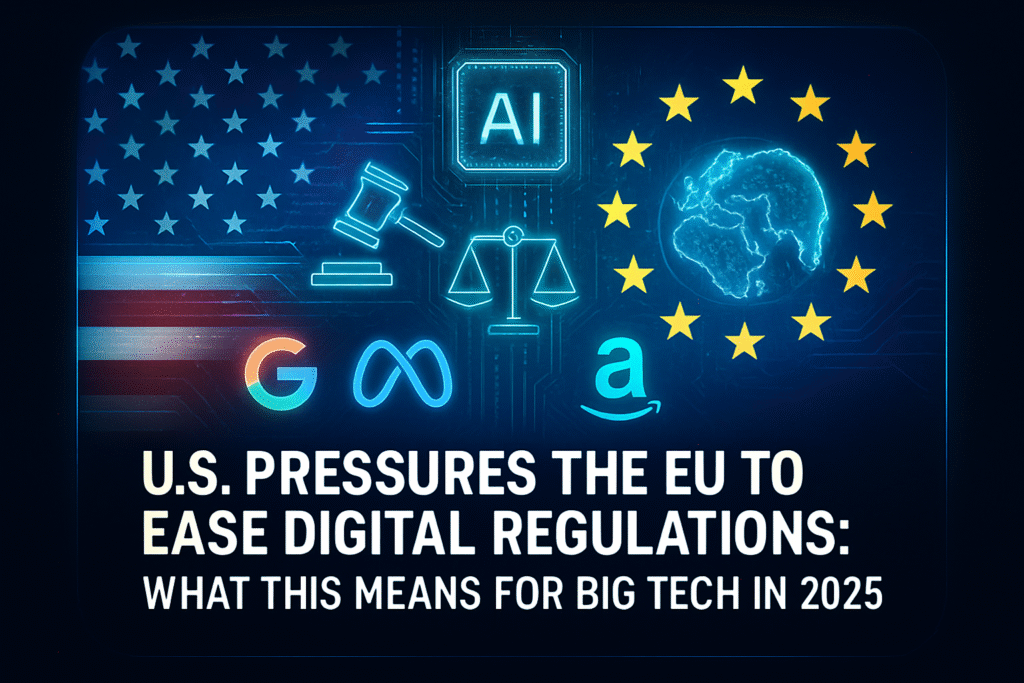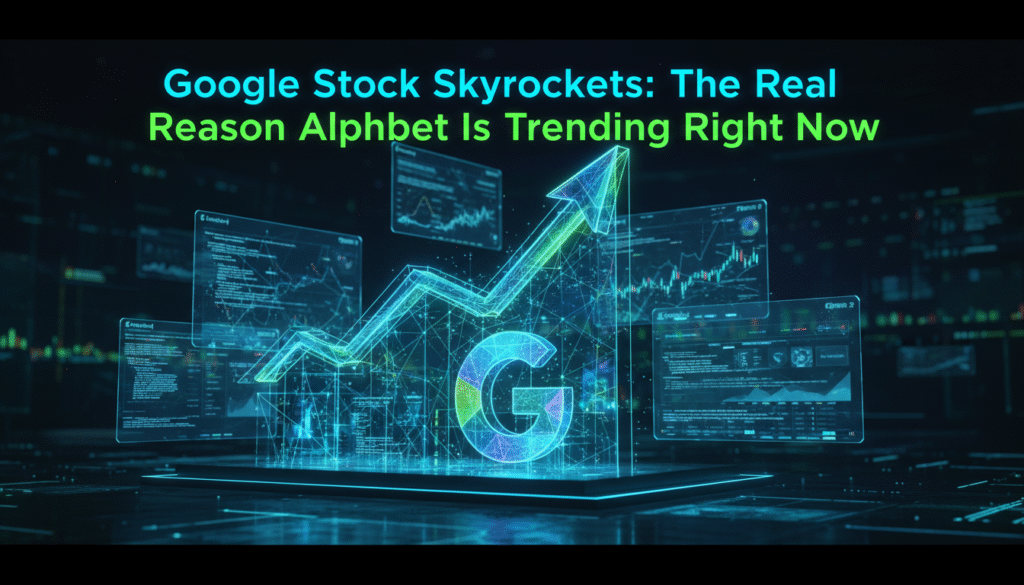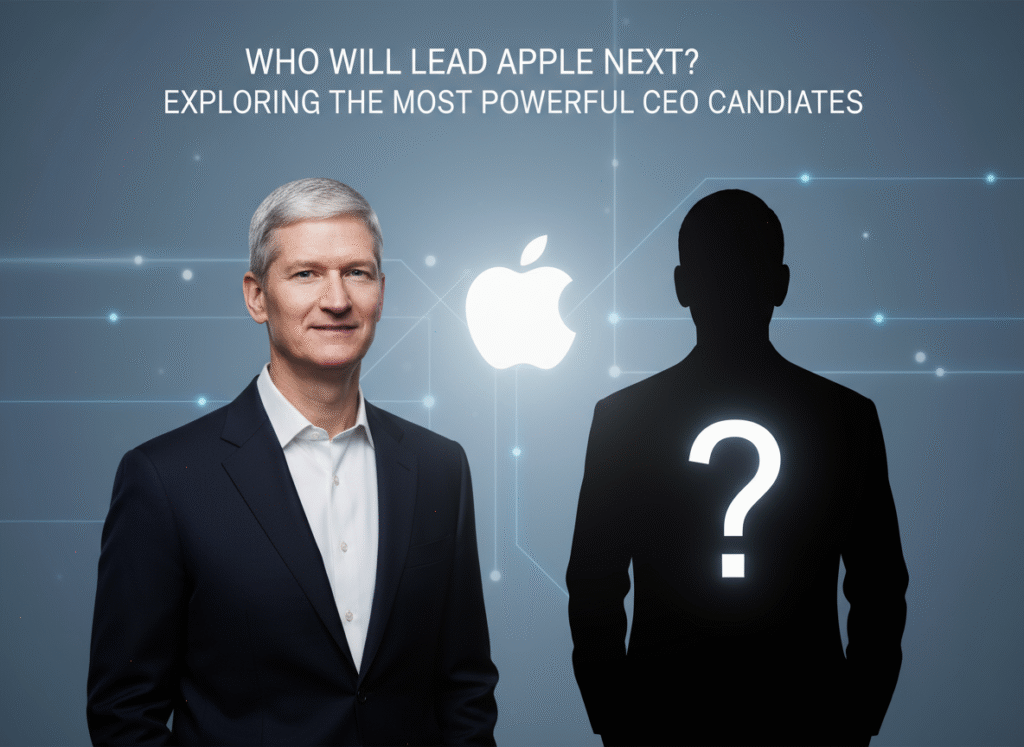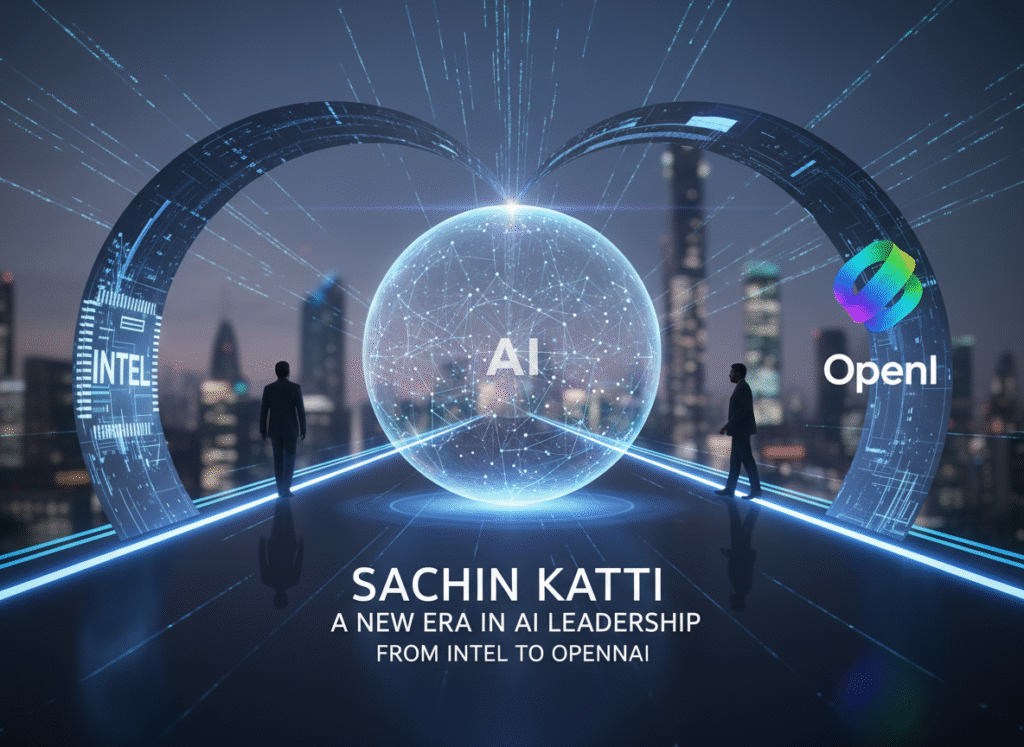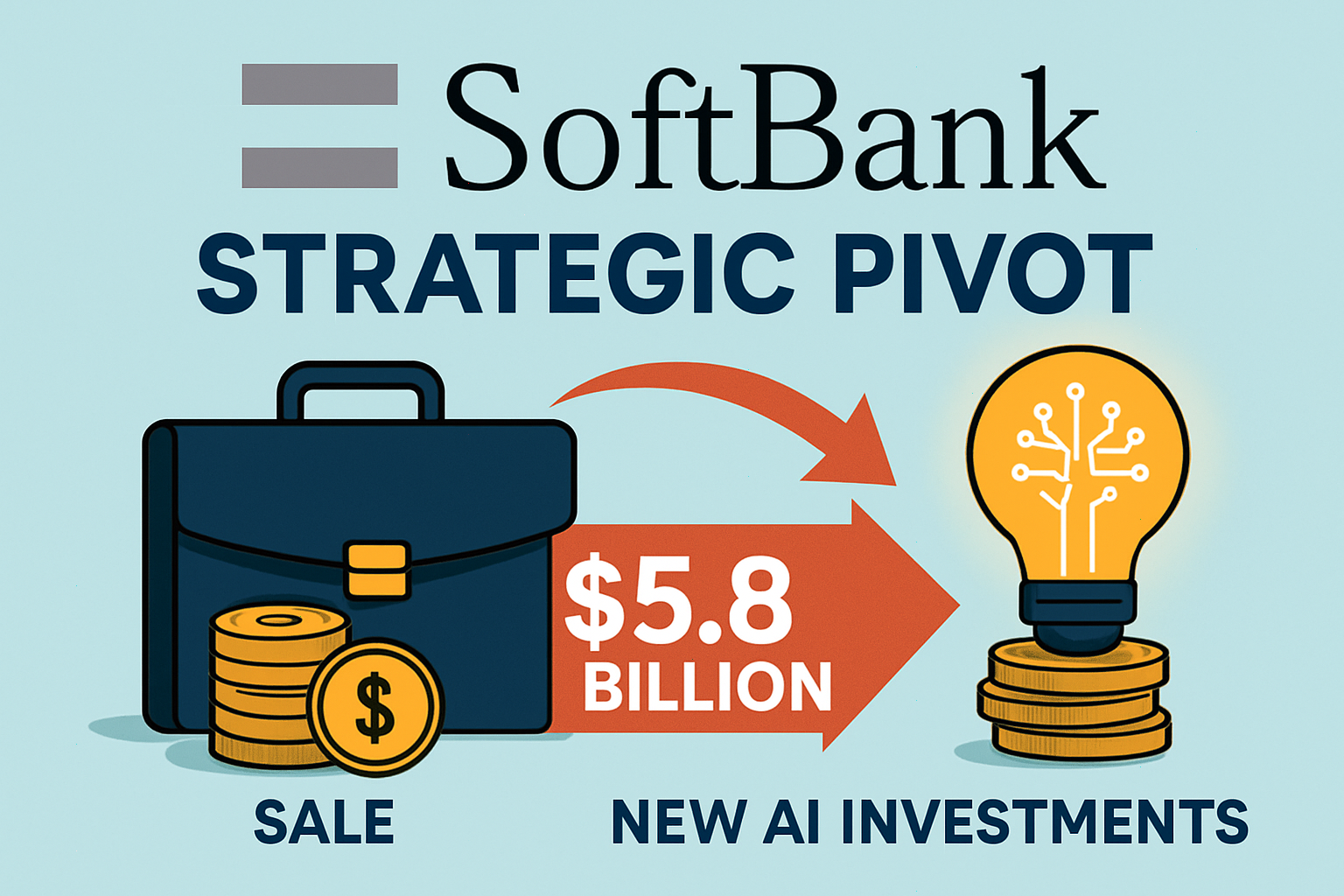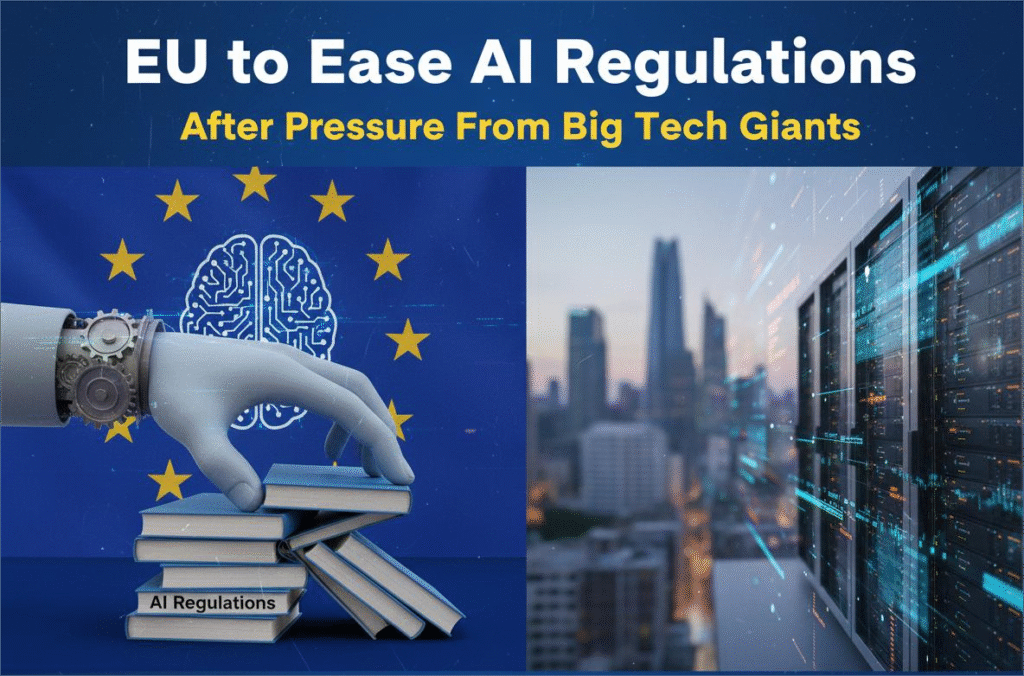
In an era increasingly shaped by digital innovation, Meta has taken a bold leap forward with the launch of Horizon Learn—a dedicated educational platform within its expansive metaverse. As part of its Horizon ecosystem, which includes Horizon Worlds and Horizon Workrooms, Horizon Learn aims to revolutionize how people access and engage with education by leveraging the immersive potential of virtual reality (VR).
This announcement comes at a time when both educators and tech companies are seeking more engaging, interactive, and accessible ways to deliver learning. With Meta’s massive investment in the metaverse, Horizon Learn appears to be the company’s answer to the growing demand for virtual education tools that go beyond traditional video-based or screen-sharing platforms.
What is Horizon Learn?
Horizon Learn is Meta’s new virtual learning platform designed to provide immersive educational experiences through VR. Accessible via Meta Quest headsets, Horizon Learn blends interactive 3D environments, real-time collaboration, and AI-enhanced tutoring tools into one seamless experience.
Unlike conventional online learning platforms, Horizon Learn focuses on presence—the feeling of being physically present in a space. Students, educators, and independent learners can enter detailed virtual classrooms, labs, historical reconstructions, or even the human bloodstream, depending on the subject matter.
Key Features of Horizon Learn:
- Immersive Classrooms: Users can walk into virtual classrooms, attend lectures, and engage with course content in 3D.
- Real-Time Collaboration: Students and teachers can interact through avatars, gestures, voice, and tools like virtual whiteboards or object manipulation.
- AI-Powered Guidance: Meta integrates generative AI tutors and assistants to support self-paced learning.
- Gamified Learning: Game-based mechanics encourage retention and active participation.
- Cross-Platform Integration: While VR offers the richest experience, Horizon Learn can also be accessed via PCs and mobile for broader accessibility.
Who Is Horizon Learn For?
Meta envisions Horizon Learn as a platform for:
- K-12 Education: Enabling younger students to explore subjects in dynamic, visual ways.
- Higher Education: Partnering with universities to host virtual lectures, labs, and research discussions.
- Corporate Training: Facilitating skills training, onboarding, and professional development in immersive simulations.
- Lifelong Learners: Individuals seeking self-improvement courses, language training, or hobby-based learning.
Meta has already begun partnerships with several educational institutions and edtech companies to populate Horizon Learn with a wide array of courses ranging from quantum physics to public speaking.
Why Horizon Learn Matters
The global shift toward remote and hybrid education models, especially following the COVID-19 pandemic, revealed the limitations of current online learning platforms. While tools like Zoom, Coursera, and Google Classroom provided connectivity, they often lacked engagement and interactivity.
Horizon Learn addresses these gaps by offering:
- Enhanced Engagement: Learning in 3D spaces increases retention rates and keeps learners motivated.
- Inclusivity: Virtual learning environments can be customized to suit various learning styles and needs.
- Access to Rare Experiences: Students can virtually walk on Mars, conduct experiments in a digital lab, or simulate surgeries without real-world risks or costs.
- Global Reach: Anyone with a Meta Quest headset can join from anywhere, breaking geographical and economic barriers.
Hardware Requirements: Is This Just for Meta Quest?
Currently, the full-featured Horizon Learn experience requires a Meta Quest headset, such as the Quest 2 or Quest 3. However, Meta is working on cross-device support, allowing users on desktops and mobile devices to access Horizon Learn through a more limited but still interactive interface.
This approach mirrors Meta’s strategy with Horizon Worlds, aiming for mass adoption beyond just VR enthusiasts.
Criticism and Concerns
While Horizon Learn has been praised for its innovation, it also raises several concerns:
- Privacy and Data: With Meta’s history of data privacy issues, how learner data will be collected, stored, and protected remains a hot topic.
- Accessibility: Despite the promise of global education, the initial hardware requirements may limit access for users in low-income regions.
- Screen Time and VR Health: Prolonged VR use has known issues such as eye strain and motion sickness. Educational institutions will need guidelines for healthy usage.
- Content Quality Control: As the platform grows, ensuring that all educational content meets standards of accuracy, equity, and engagement will be essential.
Meta has addressed some of these by stating that content partners will go through a vetting process and that parental controls and safety settings will be robust.
Market Impact: A Step Ahead of Competitors?
Meta’s Horizon Learn puts it in direct competition with existing platforms like Engage, Spatial, and AltspaceVR (now shuttered), but few have the same brand power or infrastructure to scale globally. Google and Microsoft are also exploring virtual education, but Meta is currently the most aggressive player in metaverse education.
Its large ecosystem—including Meta Quest hardware, Reality Labs, and partnerships with developers and educational institutions—gives Horizon Learn a competitive edge. Moreover, the inclusion of AI tutors (powered by Meta’s LLaMA models) could create personalized, adaptive learning experiences that scale globally.
What’s Next for Horizon Learn?
Meta announced that Horizon Learn will launch in beta in late 2025, with a full rollout expected in early 2026. Future updates are said to include:
- Multilingual support
- Credentialed certification programs
- Marketplace for user-generated educational experiences
- Deeper integration with Meta AI assistants
The company is also rumored to be developing “Horizon Labs”, a complementary platform for STEM-focused education with advanced simulation tools.
Final Thoughts
Meta’s launch of Horizon Learn signals a new chapter in the evolution of education—one where immersion, interactivity, and innovation blend to create a more effective learning environment. While challenges remain, the potential for Horizon Learn to democratize access to quality education is enormous.
As the metaverse matures, platforms like Horizon Learn could become central pillars of global education, reshaping not only how we learn, but also who has the opportunity to do so.
